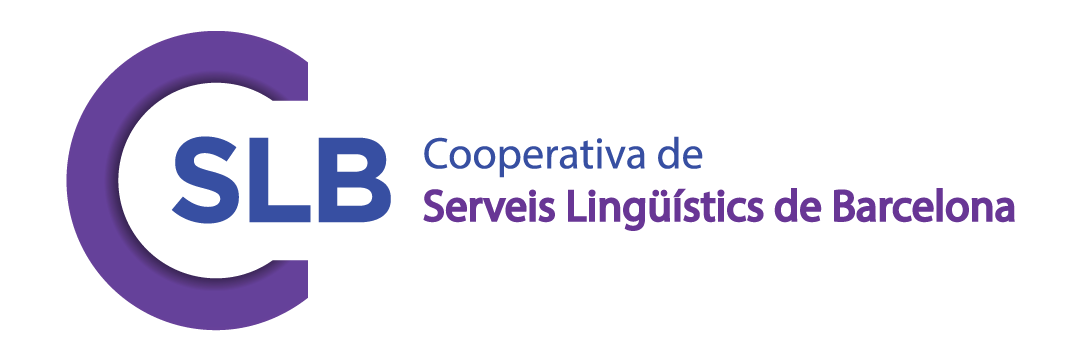Introduction
In this first, free session, Geoff Jordan will explain the rationale behind adopting Task-Based Language Teaching in contrast to today’s dominant coursebook-driven methodology, which is based on a synthetic, structural syllabus. The main argument is that a meaning-focused approach like TBLT — with timely switches to focusing on form — is more suited to meeting learners’ needs, and fits better with what we know about how learners learn.
To work through the session activities below, click on each tab heading to open up the content and navigate between sections. The first, “Background reading”, is already open.
These activities serve as an introduction to the course and a taster of what’s to come if you sign up!
Session activities
[dt_sc_tabs_horizontal]
[dt_sc_tab title=”Background reading & viewing”]
To prepare for this session, take a look at these posts and articles taking a position on the coursebook-driven methodology that dominates English language teaching today. Try to follow up references if you can.
To keep tabs on your reading, drag and drop each required article to the right once you’ve read it.
If possible, see also
[dt_sc_fancy_ul style=”paper-clip”]
- Doughty, C. & Long, M., eds. (2011). The Handbook of Language Teaching. London: Blackwell. Chapter 6 by L. Ortega.
- Ur, P. (2010) A Course in Language Teaching. Cambridge: Cambridge University Press. Module 13.
[/dt_sc_fancy_ul]
[/dt_sc_tab]
[dt_sc_tab title=”Presentation”]
Watch Geoff Jordan take a look at the issue of how we teach, how learners learn, and how best to facilitate that learning. Take notes and prepare for a quick comprehension check in the next section. The presentation file can be downloaded separately in the lesson media section below.
[arve url=”https://vimeo.com/257677167″ /]
References
[dt_sc_fancy_ul style=”paper-clip”]
- Breen, M.P. (1987). Contemporary Paradigms in Syllabus Design. Part I. Language Teaching, 20.2, pp. 81-92. Part II, Language Teaching, 20.3, pp. 157-174.
- Long, M.H. & Crookes, G. (1993). Units of analysis in syllabus design: the case for the task. In: G. Crookes & S.M. Gass, eds., Tasks in a Pedagogical Context. Multilingual Matters, pp. 9-44.
- Long, M. (2015). Second Language Acquistion and Task-Based Language Teaching. Chichester: Wiley Blackwell.
- Meddings, L. and Thornbury, S. (2009). Teaching Unplugged. Delta.
- Ortega, L. (2009). Sequences and Processes in Language Learning. In: Long and Doughty, eds., Handbook of Language Teaching. Oxford: Wiley.
[/dt_sc_fancy_ul]
[/dt_sc_tab]
[dt_sc_tab title=”Comprehension check”]
Now try these interactive activities to check your grasp of key concepts from the presentation.
1. Acronym acrobatics
[dt_sc_hr_invisible /]
2. Concept check
In the presentation, Geoff talks about two kinds of knowledge: declarative and procedural. Drag the concepts and approaches to the category of knowledge with which they are associated.
[/dt_sc_tab]
[dt_sc_tab title=”Discussion”]
On the forum
As this is a free introductory session, there is no forum task. The forum is limited to signed-up course participants and will become active as of Session 2. For this and each subsequent session, there is a discussion task, monitored by the tutor, to engage participants further with the session material.
For this session, you can leave feedback or queries in the comments box below. Or, if you have any questions about signing up for the course, please contact us via the form on the home page.
Tutorial
Again, there is no videoconferencing tutorial for this introductory session. Each subsequent session will offer participants a group tutorial, either with the session tutor or a guest expert, to explore in more detail an aspect of the topic under the microscope for that week.
A range of tutorial times will be offered to ensure participants from around the world can take part.
Output task
Finally, there is no assessed task for this session. Each subsequent session will have an assessment—in the form of a short essay or analysis, a recording or presentation—which will be graded by your tutor.
If you are a course participant, please click Complete session below once you have finished the reading and activities.
[/dt_sc_tab]
[/dt_sc_tabs_horizontal]
